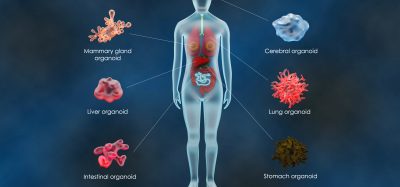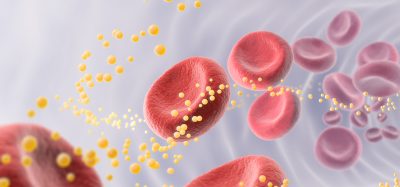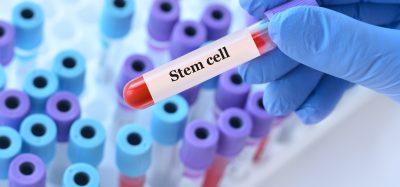Expert view: Challenges in drug discovery screening
Posted: 6 December 2018 | Steven Jarvis (Scientific Director - Global Strategic Accounts at Merck) | No comments yet
The basic premise of drug discovery screening necessitates that the biological assays upon which it depends can be performed in a reproducible manner. In addition, the techniques employed must generate results that are biologically relevant and actionable.
This mandates a rigorous assay development and validation process to create methods that can be applied to test compounds over a period of weeks, months, or years. However, biology is complex, requiring continuous evolution and innovation of the assay approach. Technologies that have emerged in the post-genomic era include new imaging tools, mass spectrometry applications, and genome-wide association assays. When coupled with new reagents and cell culture formats, these have the capacity to play a pivotal role in reducing attrition rates.
Delivering genuine therapeutic innovation is more challenging and complex than ever. Past and emerging genetic approaches are yielding long lists of targets without a clear strategy on how to prioritise them quickly for assay development. In addition, the iterative optimisation of hits to leads is taking too long and facing a growing level of assay complexity. There is a requirement for easy-to-set-up assays, an increased focus on phenotypic drug discovery and the application of AI to derive useful and actionable outputs.
In the future, we expect to see more attention being given to ‘difficult’ target areas by researchers. In combination with state-of-the-art genome editing tools, improved organoid models will be further engineered to mimic the disease-relevant genetic and epigenetic status of a patient, in a setting that approaches the physiological environment. The increasing use of machine learning approaches to investigate and understand large discovery datasets will continue to grow and finally, investigation into the use of closed-loop processing for chemical synthesis, purification, assay, and data analysis is expected.
Related topics
Artificial Intelligence, Assays, Cell Cultures, Drug Discovery, Drug Discovery Processes, Epigenetics, Genomics, Organoids, Screening, Therapeutics
Related organisations
Merck KGaA








